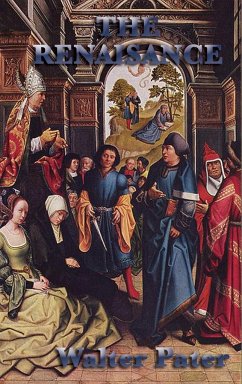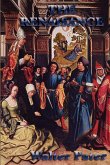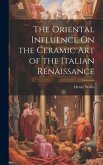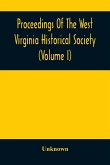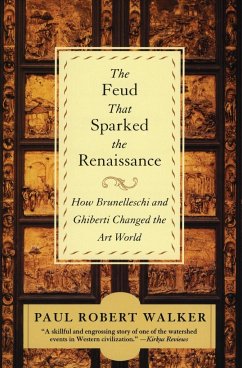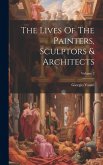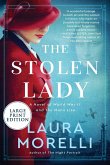¿Pater's graceful essays discuss the achievements of Botticelli, Leonardo, Michelangelo, and other artists. included is his celebrated discussion of the Mona Lisa in a study of Da Vinci. This book concludes with an uncompromising advocacy of hedonism, urging readers to experience life as fully as possible. His cry of "art for art's sake" became the manifesto of the Aesthetic Movement, and his assessments of Renaissance art have influenced generations of readers.
Hinweis: Dieser Artikel kann nur an eine deutsche Lieferadresse ausgeliefert werden.
Hinweis: Dieser Artikel kann nur an eine deutsche Lieferadresse ausgeliefert werden.

